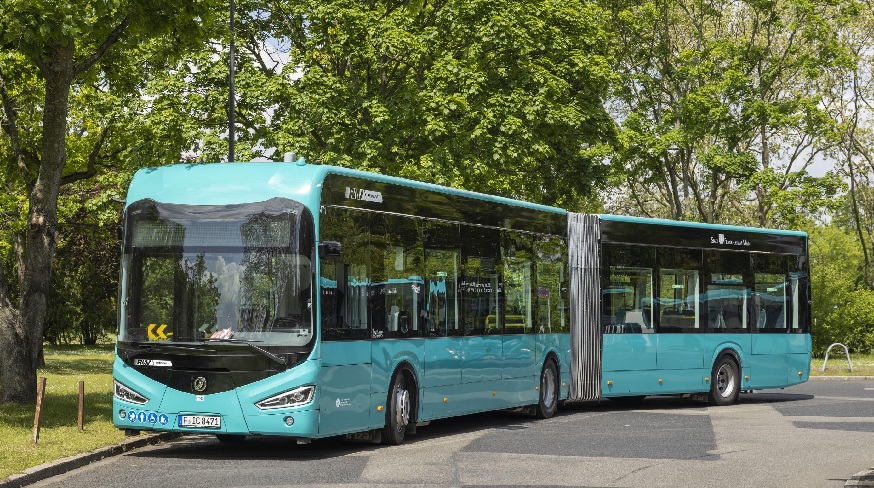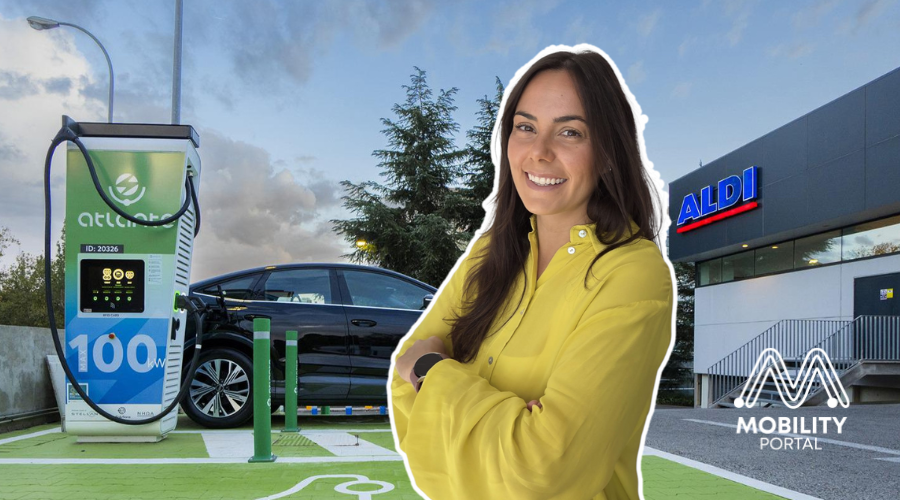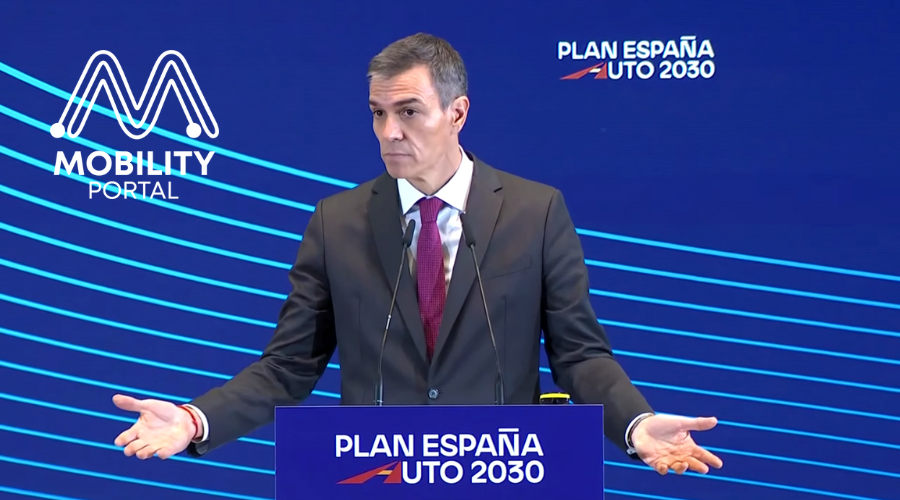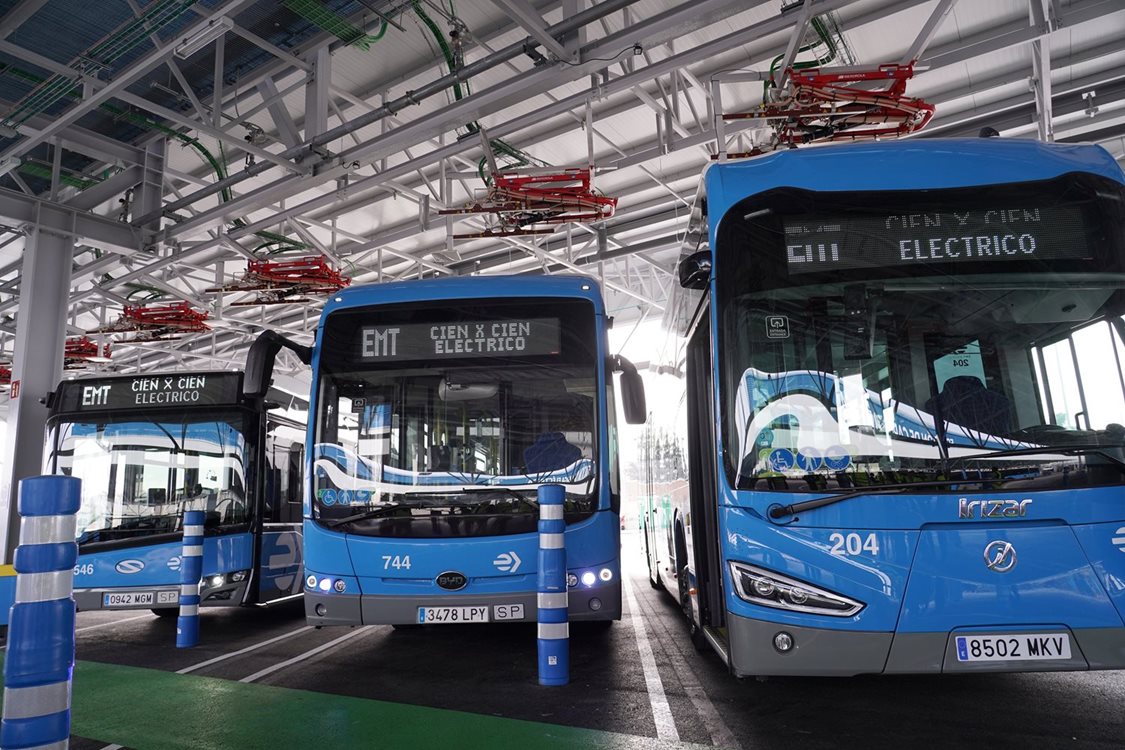Cologne Public Transport Authority (Kölner Verkehrs-Betriebe/KVB) has placed an order with Jebsen & Jessen e-Mobility for 78 electric buses from the manufacturer Irizar e-mobility.
This includes 38 articulated buses and 40 solo buses – the company’s largest bus procurement to date.
The first delivery is scheduled for October next year.
With this addition, KVB will operate two brands in its electric bus fleet: the existing 118 VDL buses and 78 Irizar buses.
Even in the “diesel era”, two brands – MAN and Mercedes – were used.
With these new additions, nearly two-thirds of KVB’s own bus fleet will be electric.
Taking into account all buses operating in the KVB network, including those run by subcontractors, this figure will be nearly half.
Modern technology and high passenger comfort
The articulated buses are 18.2 metres long, while the smaller solo buses are 12.16 metres long. Each bus is 2.55 metres wide and 3.4 metres high.
With an unladen weight of under 21 tonnes for articulated buses and around 14.5 tonnes for solo buses, all vehicles are suitable for use on Cologne’s bridges – even under full passenger load.
These dimensions are crucial given Cologne’s narrow streets, the maximum clearance height of underpasses, and the load-bearing capacity of bridges.
The new articulated buses will offer a capacity of 110 passengers, including at least 43 seats. This number of seats may increase.
The solo buses will provide 70 spaces, including at least 30 seats, which may also be subject to change.
The electric buses are fully accessible and provide space for prams, wheelchairs, and walking frames.
As electric vehicles, they are particularly quiet – both inside and outside.
Like all new acquisitions in recent years, they will come equipped with air conditioning.
A significant portion of the total weight is accounted for by the batteries: The energy required is stored in batteries weighing 3.3 tonnes (articulated buses) and 2.75 tonnes (solo buses).
These power the electric motor that drives the vehicle. Thanks to the use of green electricity, this is done in a completely climate-neutral way and without releasing harmful exhaust gases.
In addition to the batteries, though considerably lighter, the heat pump system also contributes to the total weight.
This system ensures a seasonally appropriate interior temperature for passengers.
The vehicles can be charged both at depots (as depot chargers) and at terminal stops on various routes (as opportunity chargers).
The charging power via pantograph is approximately 350 kilowatts (kW) for articulated buses and around 290 kW for solo buses.
The electric drive motors of the articulated buses have a rated output of 285 kW, with a peak output of 385 kW – for example, during start-up and acceleration.
The solo buses deliver 185 kW, with a peak of 290 kW. A central motor has been chosen for all vehicles. The buses are capable of reaching a speed of 85 km/h in the KVB network, although they are slightly limited.
With a battery capacity of 613.8 kilowatt-hours (kWh), the articulated buses can achieve a range of 180 to 230 kilometres. The solo buses have a battery capacity of 511.5 kWh and can cover a distance of 200 to 260 kilometres.
For comparison: The batteries in KVB’s first electric articulated buses, which began operating in December 2016, had a capacity of just 122 kWh.
The buses will be manufactured by Irizar e-mobility in Aduna, Spain. Irizar e-mobility is also responsible for producing the batteries. The electric motor, model Accelera, is supplied by Cummins and manufactured in Europe.
New electric buses from Spain enter Cologne’s bus network
The new KVB electric buses are being built by Spanish vehicle manufacturer Irizar e-mobility.
Jebsen & Jessen e-Mobility (Hamburg) acts as the company’s representative on the German market.
Irizar e-mobility offers comprehensive solutions for urban electric mobility. Since 2014, the company’s e-buses have been in service in various European cities, including Madrid, Valencia, Paris, London, as well as Frankfurt, Düsseldorf and Bremen. Last year, the milestone of 1,000 e-buses delivered was surpassed.
The company places great importance on ensuring that its vehicles stand out for their reliability and efficiency. As a result, Irizar develops and manufactures the battery systems it uses in-house and builds its vehicles at European sites.
Jebsen & Jessen e-Mobility operates as a comprehensive solutions provider in the field of electric mobility.
In Germany, Austria and Switzerland, the company offers not only sales and project management, but also a suitable after-sales service. The service team responsible for KVB is based in Essen.
Together with KVB’s experts, they will oversee the integration of the new e-buses into KVB’s route network and provide ongoing support.
Jebsen & Jessen and Irizar e-mobility have worked together successfully since 2017 and have implemented pioneering projects in the German-speaking e-mobility market from the outset.
All vehicles are designed with a focus on efficiency and sustainability, offering optimal battery solutions depending on the intended use.
Procurement supported by the State of North Rhine-Westphalia
The acquisition of the 78 electric buses from Jebsen & Jessen / Irizar was carried out through a Europe-wide tendering process, which ran from September 2024 to September 2025.
A total of eight manufacturers submitted bids during the process.
The contract was ultimately awarded based on the best price-performance ratio, which considered both cost and quality.
The state of North Rhine-Westphalia is financially supporting the procurement of the 78 electric buses.
The funding is provided under Section 13 of the Public Transport Act of North Rhine-Westphalia (ÖPNV-Gesetz NRW) as investment measures of particular interest to the state.
The state will cover 60 percent of the additional costs of an electric bus compared to a comparable diesel bus. The parties involved have agreed to keep the purchase price confidential.
READ MORE
-
Atlante y su “modelo híbrido”: generación, almacenamiento y recarga ultrarrápida para un sistema más resiliente
Atlante acelera su despliegue en España y en diálogo con Mobility portal, Inés Mackey, Chief of Staff de Atlante Iberia define las prioridades de la empresa y su apuesta por la interoperabilidad de la mano de Charge League.
-
Spain Auto 2030: a point-by-point look at the plan set to redefine the eMobility landscape
Spain has entered a new phase in its industrial strategy for electric mobility. The Government has unveiled Spain Auto 2030, a roadmap designed to mobilise €30 billion over the next five years, reshaping the centre of gravity of the electric vehicle market through fresh incentives, a centralised management model, targeted investment in charging infrastructure and…
-
EMT Madrid licita 120 nuevos buses eléctricos: inversión de 79,35 millones y entregas entre 2026-2027
Con esta incorporación, Madrid refuerza su estrategia de descarbonización y consolida una de las flotas eléctricas urbanas más grandes de Europa.










